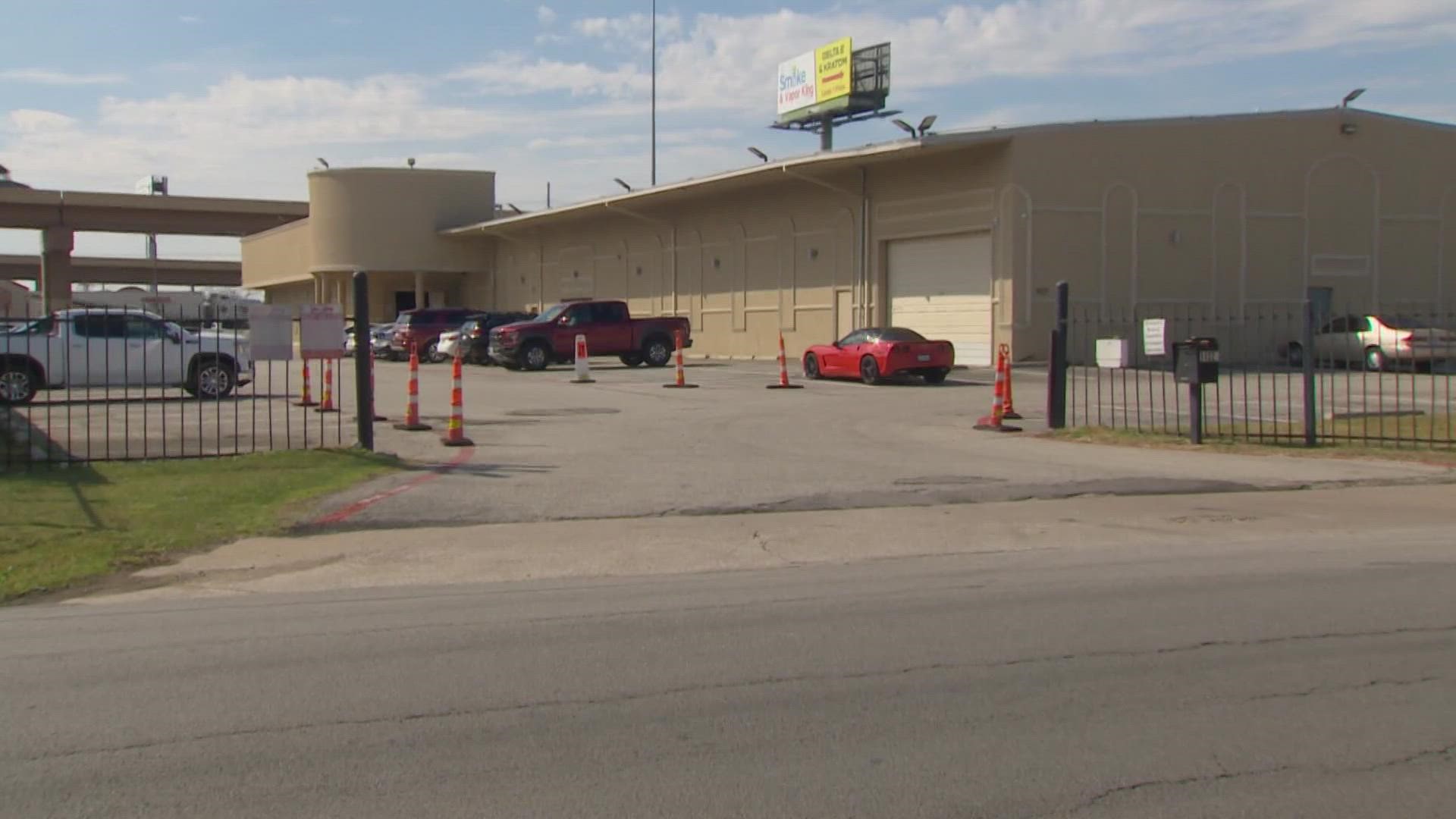DALLAS — Dallas’ sexually-oriented businesses are fighting the city over a new ordinance limiting their hours of operation, and so far, the court has sided with them—granting a preliminary injunction to keep the ordinance from taking effect.
The court also denied the City’s motion to dismiss the suit filed against them, a court document published Tuesday states.
City Council members had unanimously passed an ordinance in January which would require sexually-oriented businesses—such as cabarets and adult bookstores—be closed from 2 a.m. to 6 a.m. That same day, four adult cabarets, one adult bookstore and a nonprofit trade association whose members include sexually-oriented businesses filed a complaint against the city, arguing the ordinance violates their First Amendment right to freedom of expression.
Judge Barbara M.G. Lynn of the U.S. District Court for the Northern District of Texas wrote in a court document that speech targeted by the ordinance—nude dancing and material sold by adult bookstores—was protected, and deemed the ordinance’s restriction on said expression to be unconstitutional.
“The City states that it adopted the Ordinance to reduce crime and conserve police and fire rescue resources, by restricting SOBs from operating between the hours of 2 a.m. and 6 a.m.,” the document reads. “However, even assuming that the stated aim constitutes a compelling government interest, no evidence was presented that the City considered less restrictive means of achieving its stated interest of lowering crime, such as, for example, requiring heightened security, escorts of customers to their vehicles, or better lighting, before it decided to prohibit the operation of SOBs between the hours of 2 a.m. and 6 a.m.”
The Court found the crime data presented by the City to cite the need for the ordinance as flawed, as the data would indicate that, from 2019 through 2021, non-operational sexually-oriented businesses accounted for more violent crime between 2 a.m. and 6 a.m. than sexually-oriented businesses operating as bookstores.
“The inclusion of crime unrelated to SOBs is likewise problematic in the second observed issue with the City’s crime data, namely that by including data from crimes occurring at locations within a 500-foot radius of SOBs, the data does not necessarily reflect crime resulting from activity at the SOBs,” the document states. “[DPD] Lieutenant [Stephen] Bishopp testified that, depending on the particular SOB, his data could include unrelated crime that happened to occur within 500 feet of the SOB’s location.”
Because the city’s data included crimes that could have occurred, say, 495 feet away from a closed cabaret, the data overstates the amount of criminal activity and need for police resources attributable to those kinds of businesses.
“The City’s data does not reasonably link the regulated activity—protected expression at SOBs—to the adverse secondary effects, namely increased reports of crime, arrests, and calls for service,” the document reads.
The Court’s decision concluded that the burden on the businesses’ First Amendment right to free speech and expression outweighed the City’s burden in dealing with increased crime and a drain on resources, if any, associated with sexually-oriented businesses.
“Moreover, if the injunction is entered, the City will be deprived solely of the opportunity to enforce a law that violates the First Amendment, which the Fifth Circuit has acknowledged is ‘no harm at all,’” the ruling concludes.

